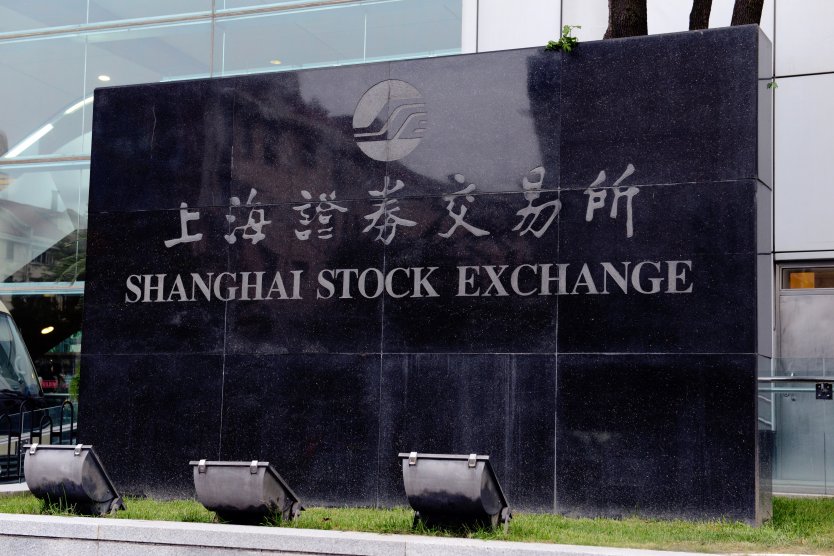On Thursday, China’s main Shanghai stock index rose slightly, but consumer goods companies weighed on blue chips amid concerns over a recurrence of COVID-19 cases, while Chinese IT companies dragged Hong Kong’s Hang Seng lower.

The Shanghai Composite index (.SSEC) was up 0.28 percent at 3,657.85 at lunchtime, with energy companies providing support.
The CSI300 index (.CSI300) in China was down 0.07 percent, with gains in energy shares of 4.69 percent offsetting losses in consumer staples of 1.92 percent and non-ferrous metals of 2.35 percent.
China’s thermal coal futures are up 6% as a result of a crackdown on unlawful mining.
Concerns over supply shortages fueled a 6% increase in China’s thermal coal futures contract on Monday, fueled by a series of government crackdowns on illicit mining in the country’s main coal-producing province.
At 07:00 GMT, the most active Zhengzhou thermal coal futures contract for January delivery was trading at 727.2 yuan ($114.29) per tonne, the highest daily gain since Nov. 3.
The Shanxi authority discovered a dozen mines pumping out coal beyond their allowed capacity, including some controlled by China’s No. 8 coal producer Jinneng Group.
After the national mine safety authority launched investigations into illegal mining across the country, coal prices reached a new high in mid-October.
Prices have dropped by more than half from their peak in October, when output reached its highest level since at least March 2015. In November, it is likely to remain at that level.
In a statement released on Sunday, the Shanxi watchdog stated that it will continue to crack down on unlawful mining.
The Hang Seng Index (.HSI) declined 0.81 percent to 23,231.48, while Chinese H-shares listed in Hong Kong (.HSCE) fell 1.11 percent to 8,250.55.
JD.Com Inc (9618.HK), dropped 4.88 percent, Shenzhou International Group Holdings Ltd (2313.HK), dropped 4.26 percent, and Meituan (3690.HK), dropped 4.14 percent, were the three largest H-shares percentage decliners.
The Hang Seng index sub-index that tracks the IT sector declined 2.1 percent.
The smaller Shenzhen index (.SZSC) rose 0.06 percent, the ChiNext Composite index (.CNT) rose 0.3 percent, and Shanghai’s tech-focused STAR50 index (.STAR50) fell 0.22 percent.
A-shares of Chinese businesses said to be on the cusp of being included on US investment and export blacklists soared on Wednesday.
The stock of Leon Technology has risen after the business downplayed a blacklist report.
After the firm denied a claim that it might be added to the investment blacklist, China’s Leon Technology Co (300603.SZ) completed the morning session up 6.5 percent.
Leon’s stock soared by more than 15% in early trading and was last up to over 10%. The company said in a statement on Wednesday that it does not do business in the United States and would be unaffected if it were included on the blacklist.
In Hong Kong, however, Semiconductor Manufacturing International Corp (SMIC) (0981.HK) finished the morning down 3.42 percent.
MSCI’s Asia ex-Japan stock index (.MIAPJ0000PUS) was down 0.10 percent in the region, while Japan’s Nikkei index (.N225) rose 1.87 percent.
The yuan was trading at 6.3672 per dollar, up 0.01 percent from its previous close of 6.368.
